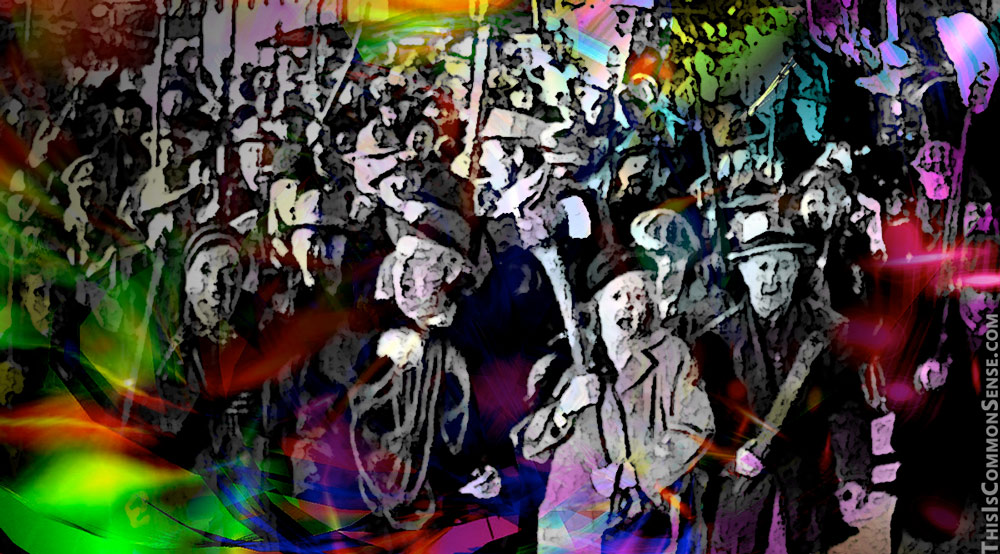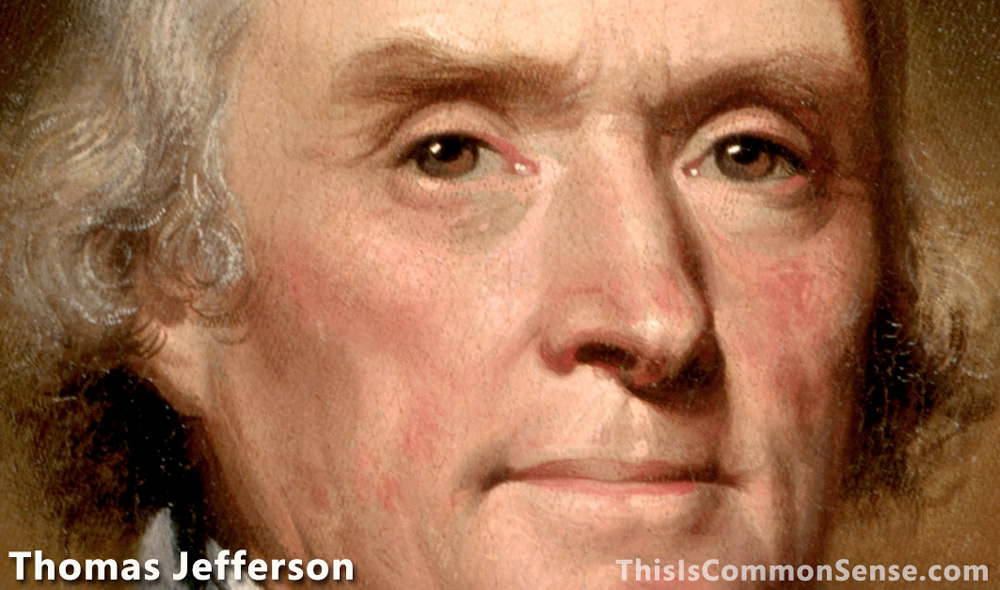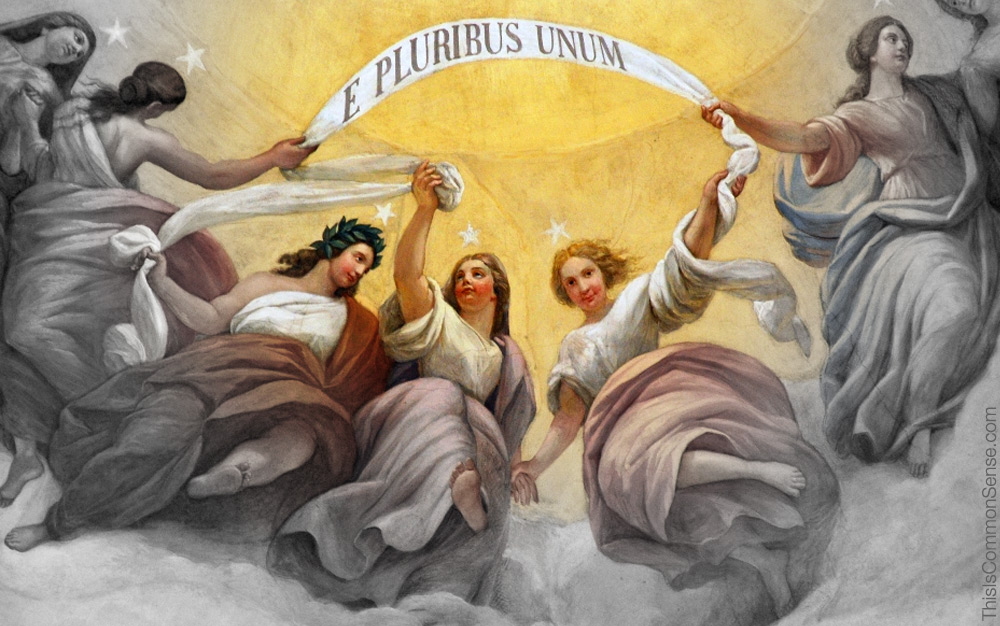“A public debate on the merits of a measure can reveal its flaws,” the Bismarck Tribune calmly and reasonably editorialized yesterday, “and then we have to trust voters to do the right thing.”
“Why are some legislators so afraid to allow North Dakota voters to decide what is in their constitution?” an earlier Fargo Forum editorial asked. The Forum dubbed one bill — giving the legislature a partial veto on voter-enacted constitutional amendments — “The Voter Nullification Act.”
On the voter initiative, North Dakota’s elected representatives are of a much different mind than these newspapers or the people of North Dakota.
The Flickertail State is hardly alone on this.
Michigan’s legislature made their ballot initiative process more difficult in last December’s lame-duck session. Arkansas politicians have been stabbing at the initiative with rules and regulations for years, and they’re back at it this session. On a recent trip to the Missouri capitol, I heard elected officials privately argue that voters deciding issues directly — without going through the legislature — was a “bastardization” of our republic.
Take Idaho’s Senate Bill 1159, which would hike up the signature requirement from 6 to 10 percent of voters, a 67 percent increase, while also reducing by two-thirds the time allowed for petitioning. The legislation’s stated purpose? “[T]o increase voter involvement.”
“It is odd,” wrote former state Supreme Court Justice Jim Jones in the Idaho State Journal, “that some in the Legislature now wish to drive a stake into the heart of that people-driven legislative process.”
It’s not really very odd. Legislators routinely put their political self-interest before the people — especially when it comes to voters having a democratic check on their power.
This is Common Sense. I’m Paul Jacob.

—
See all recent commentary
(simplified and organized)










